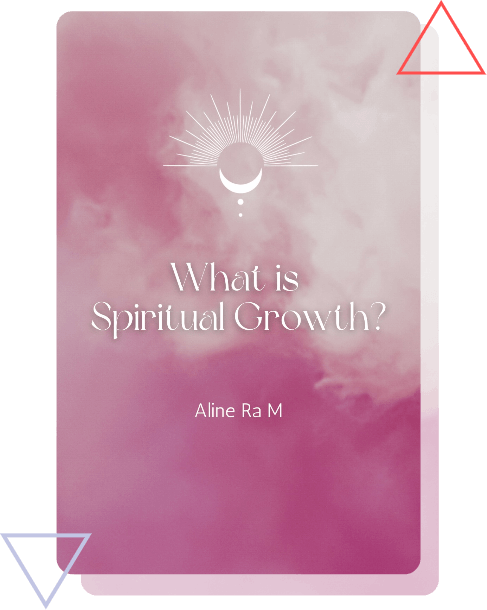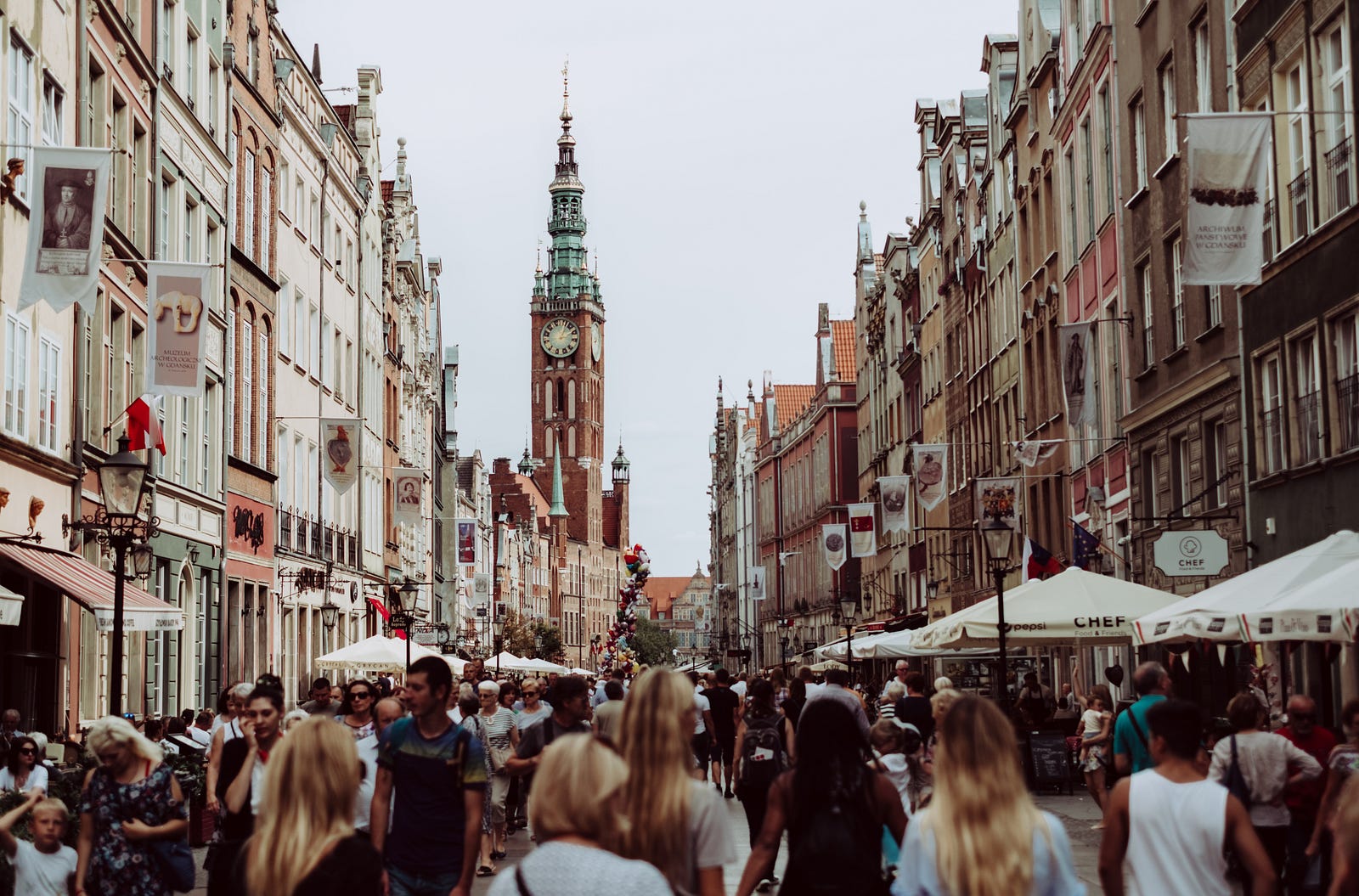The following statements are commonly used to support the idea that God doesn’t exist:
“If there was a God the world wouldn’t be this messed up.”
“There is no God because there is evil in the world.”
“Given how much pain and violence there is in the world, if there is a God, He/She cannot be good.”
If you’ve been nodding along to what I’ve written so far, think about this: If you had a child, how much would you step in and correct their mistakes?
This isn’t a piece on whether or not God exists. It’s about love, relationships, and responsibility.
We Are All Children, and We Can’t Help but Grow
Rebelling against the rules imposed by our parents is a natural part of growing up. We experience and learn things first-hand, to gain a deeper understanding.
As we go through school, we learn that difficulty is part of the learning process — you can’t expect to excel at math without solving puzzles. Likewise, if our parents do our homework for us, we don’t get to learn anything.
Is love to always be nice, or can a loving parent tell their child “no more ice cream”? Is the role of a parent to say yes to everything, or to create the conditions where a child can flourish?
When I was younger, there were many times I wished my parents would help me more. My parents would give me a hand, and there I was, wanting their whole arm. It is part of human nature to want to do the least possible effort, yet that makes growth difficult.
The fact that God doesn’t come and clean up after us is no proof of his/her absence.
“Most people do not really want freedom, because freedom involves responsibility, and most people are frightened of responsibility.” Sigmund Freud
Unconditional Love and Free Will
In the realm of humans, we set up conditions for our love. “If you cheat on me, I’ll take away my affection”. Human love looks for control and ownership. It desires to possess and expects something in return. “You are mine; I am yours.”
There is nothing wrong with having conditions. However, if there are conditions, it is not unconditional.
No matter how hard we try to keep someone’s affection secure, we cannot make another act in a prescribed way. We are all free agents, and we are all liable to live with the consequences of our actions.
What is unconditional love if not an unquestioned acceptance of freedom? This type of love does not rely on the actions of the beloved, nor does it demand conditions for its offering. Instead, it is freely given. It is difficult!
Free will is the ultimate act of love. An act that only unconditional love can fully provide.
As a consequence of this gift, we are each accountable for our own choices and decisions. So how can we possibly look at our current situation and criticize God for being unjust?
All I see when I look around me is the free will we gladly have, and the diverse ways in which we have chosen to utilize it.
“Some people think they can imagine a creature which was free but had no possibility of going wrong, but I can’t. If a thing is free to be good it’s also free to be bad. And free will is what has made evil possible. Why, then, did God give them free will? Because free will, though it makes evil possible, is also the only thing that makes possible any love or goodness or joy worth having.” C.S. Lewis
Autonomy and Sovereignty
When we complain that God is not helping us with all our troubles, it’s as though we are spoiled children asking for free clothes, food, money, and no homework. We want an easy life while maintaining our autonomy — our right to hold opinions and act how we choose.
I don’t know how your childhood was, but my parents weren’t very pleased when they already gave me so much of their time, energy, and resources, and still, I kept nagging about house rules, how they ran their lives, and all sorts of family business. I wanted autonomy and neglected synergy.
Autonomy matters to us: the right to our own opinions and choices. But if we are going to be autonomous and masters of ourselves, then we must accept responsibility for our actions as well.
“The price of greatness is responsibility” Winston Churchill
If we are the daughters and sons of God, then we are to grow to be Gods ourselves- which comes with quite high stakes. Of course, we get help here and there, but we don’t get everything done for us, otherwise, we cannot transform.
If we fell from the tree of knowledge of good and evil, then our path requires us to discernment over what serves us and what doesn’t. Our growth is based on how we discern between what is good for us, and what isn’t. Free will.
What would God teach us by cleaning up our mess? That we are sheep, under God’s control. There is no love in that.
What we are given is a chance to rise above.
Access Your Power: Rise, Consciously
The chaos around us was created by humanity, so it’s up to us humans to clean it. Are we frightened of taking responsibility, overwhelmed by the task at hand?
We need challenges to grow. Mistakes are part of our learning process. Experiences give us a deeper understanding.
God or no God, we are sovereign beings. I don’t know about you, but I am grateful for my free will. It is not always easy to discern wisely, it certainly takes a lot of energy to use our agency properly — but I prefer that to be sheep.
This is a task that requires us to remain in tune with ourselves, stay true to our internal compasses, and always bring ourselves back when we drift away from our paths.

What Is Spiritual Growth?
Explore the meaning of spiritual growth In practical terms and its connection to soul fulfillment.
